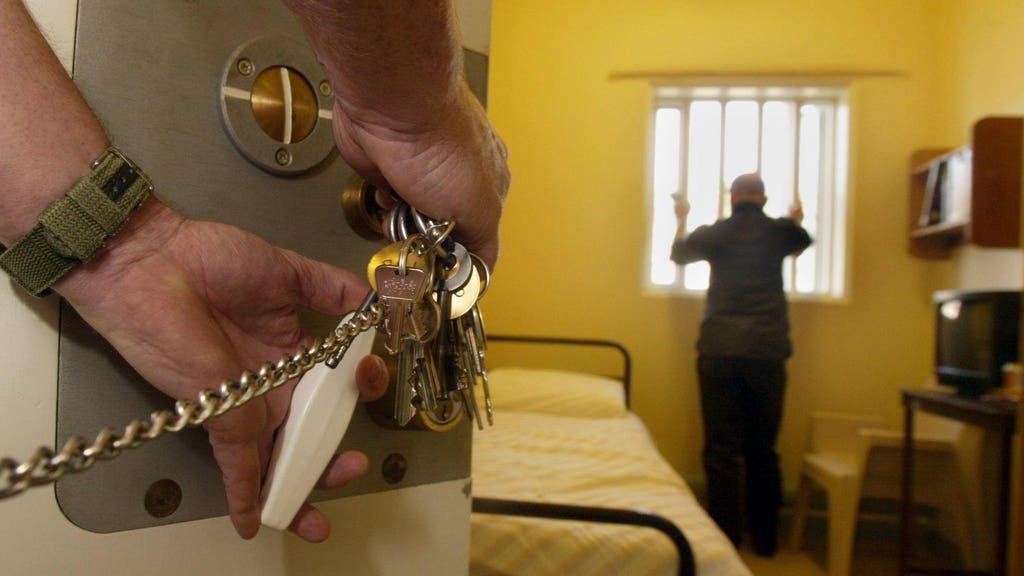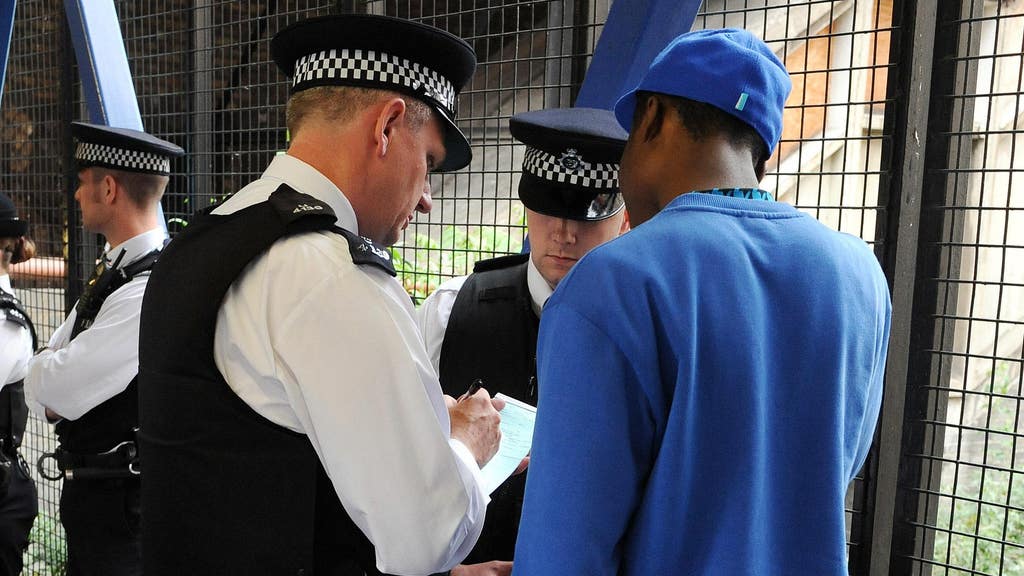Black boys are being let down by youth offending services, inspectors find
Youth justice staff told inspectors that the majority of Black boys that they work with have multiple and complex needs - yet many of these children are only receiving support with these issues for the first time through the criminal justice system

Your support helps us to tell the story
From reproductive rights to climate change to Big Tech, The Independent is on the ground when the story is developing. Whether it's investigating the financials of Elon Musk's pro-Trump PAC or producing our latest documentary, 'The A Word', which shines a light on the American women fighting for reproductive rights, we know how important it is to parse out the facts from the messaging.
At such a critical moment in US history, we need reporters on the ground. Your donation allows us to keep sending journalists to speak to both sides of the story.
The Independent is trusted by Americans across the entire political spectrum. And unlike many other quality news outlets, we choose not to lock Americans out of our reporting and analysis with paywalls. We believe quality journalism should be available to everyone, paid for by those who can afford it.
Your support makes all the difference.Black and mixed heritage boys are being failed by the youth offending services and partner agencies, inspectors have found.
Her Majesty’s Inspectorate of Probation reviewed a sample of cases from nine youth offending services across England, as well as inspection data gathered over a 12-month period, and concluded that more work is required to adequately address the “complex needs” and “multiple disadvantages” faced by many of them.
Some 60 per cent of those who had received a court sentence had been excluded from school.
Half of the boys in the cases had faced racial discrimination in their life; a third had been victims of criminal exploitation and a quarter had a disability.
Chief Inspector of Probation Justin Russell said: “There is a disproportionate number of Black and mixed heritage boys in the youth justice system. Addressing this disparity has been a long-standing goal, but we found a lack of clarity and curiosity about why this disparity exists and what needs to be done to change it.
“Good intentions must translate to positive practice and real improvements across the country. More must be done to understand and meet these children’s needs earlier on, to prevent yet more Black and mixed heritage boys from entering the criminal justice system further down the line.”
Youth offending services work with 10 to 18-year-olds who have offended or are at risk of offending, while some children have been sentenced by the courts and others are being dealt with outside the formal court system.

Mr Russell said: “Youth justice staff told us the majority of Black and mixed heritage boys that they work with have multiple and complex needs, for example with education or emotional and mental health issues.
“Yet many of these children are only receiving support with these needs for the first time through the criminal justice system. This is simply unacceptable.
“We have to question why social services, education teams and other agencies are not intervening earlier. Why are these boys less likely to be referred to Early Help services or more likely to be excluded from school than their white peers?
“Youth justice workers are united in the view that the early detection of problems would have led to different outcomes for these children. Instead, these boys are acquiring criminal records that can have lifelong consequences.”
Inspectors found some practitioners had formed good relationships with the children they supervise and their parents/carers, but they did not always take the opportunity to delve deeper.
Mr Russell said: “We found some staff lacked the confidence to talk to the boys and their families about discrimination, culture, and the specific challenges they face because of their ethnicity.
“These topics are too important to push aside because they can have a direct bearing on a child’s behaviour and motivations as well as their life chances and opportunities.
“For example, some of the boys we heard from had been stopped and searched by police four or five times a week. These experiences affect how the boys interact with all parts of the criminal justice system – even those that are trying to offer support.”

Stop and search was found to be particularly common for Black and mixed heritage boys in London; according to statistics, young Black males are up to 19 times more likely to be stopped by the police in the capital, according to data analysis from University College London’s institute for global city policing.
Some boys accepted racial profiling as a fact of life, the report revealed, while others described how moving away from the capital had reduced the frequency of searches and improved their wellbeing.
The Inspectorate has made 18 recommendations to improve services for Black and mixed heritage boys including a call for forces publish stop and search rates by age and ethnicity.
The Lammy Review of 2017, led by Labour MP and current Shadow Justice Secretary David Lammy, concluded that ethnic minority individuals “still face bias, including overt discrimination, in parts of the justice system”.
Among other findings, it raised concerns that the BAME proportion of youth prisoners increased 25 per cent to 41 per cent from 2006-2016 despite an overall fall in under-18s in custody.
The inquiry put forward 35 recommendations for improvement including introducing assessments of a young offenders’ maturity, and, to date, just 11 have been implemented.
Join our commenting forum
Join thought-provoking conversations, follow other Independent readers and see their replies
Comments